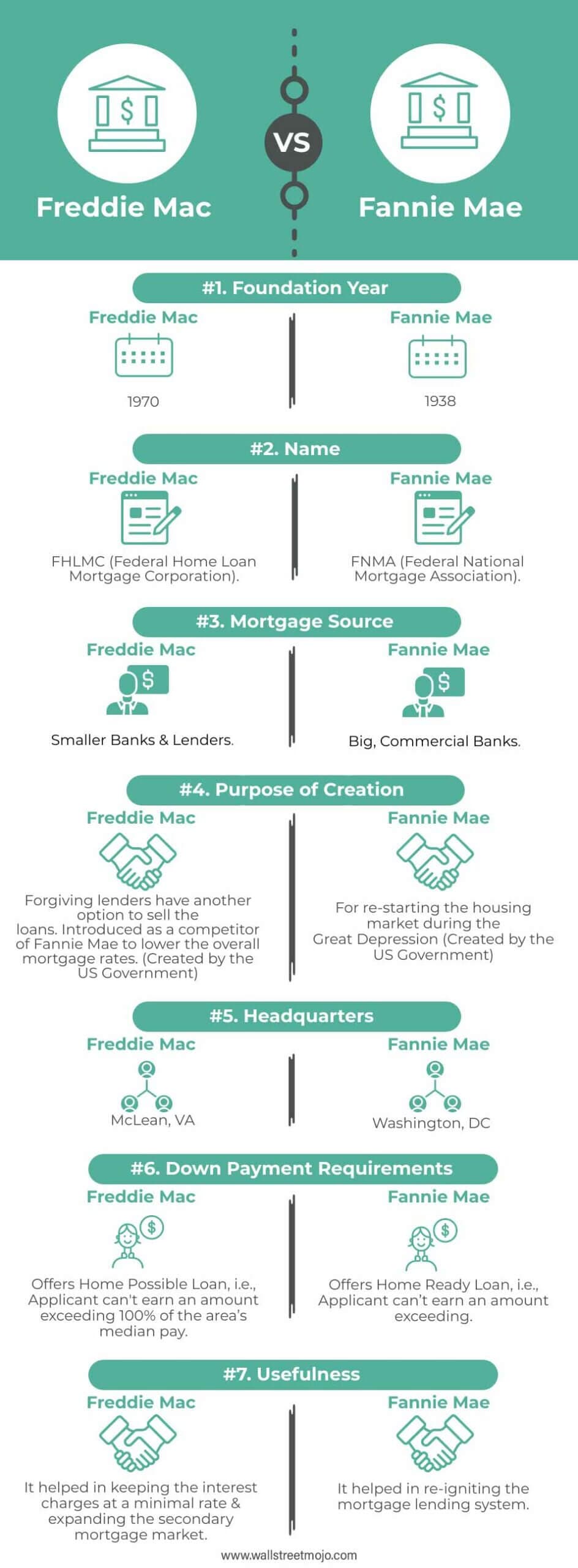Britain to Unveil 1.5 Billion Pound Plan to Accelerate EVs
Britain prepared to announce a 1.5 billion pound package aimed at speeding the shift to electric vehicles, a move designed to cut emissions and ease consumer cost pressures as the country moves toward cleaner road transport. The bulk of the money is expected to take the form of a roughly 1.3 billion pound grant scheme to help consumers buy new electric cars, with ministers framing the plan as support for climate targets and the domestic clean technology sector.

Britain moved closer to a major intervention in its auto market after Reuters reported that the government was preparing a 1.5 billion pound package to accelerate electric vehicle adoption. The package, first reported on November 22, 2025, would allocate about 1.3 billion pounds to a grant scheme aimed at lowering the upfront cost of new battery electric cars. Ministers said the measures were intended to help the country meet climate targets, stimulate the domestic clean technology industry, and relieve pressure on consumers as the transition to electric vehicles gathered pace.
The announcement comes against a backdrop of long standing UK policy to phase out sales of new petrol and diesel cars by 2030, with hybrids censured by later cutoffs. Policymakers have repeatedly warned that rising global demand for EVs, supply chain constraints for batteries, and the cost of charging infrastructure could slow the transition unless governments intervene. By targeting purchase costs directly, the new package seeks to address the single largest barrier for many buyers, the higher sticker price of electric models compared with comparable petrol cars.
Market participants will watch how the scheme is structured, because the distribution of subsidies will determine its effect. A grant focused on lower priced models would likely lift adoption among mainstream buyers and reduce emissions more efficiently per pound spent. A broadly applied subsidy with generous eligibility could disproportionately benefit higher priced vehicles and risk inflating demand without delivering commensurate environmental gains. The government had not disclosed details on eligibility criteria, application mechanisms, or whether support would prioritize private buyers, fleets, or a mixture of both. Further official information was expected when the package was formally introduced.
Automakers and the wider supply chain could see a near term demand boost from the support. Retailers and fleet managers have reported growing interest in battery electric cars as total cost of ownership calculations narrow, driven by falling battery prices and lower running costs. However, accelerating sales will increase pressure on charging networks and the electricity grid. Investment in public chargers and local grid upgrades will need to accompany purchase incentives, or regional bottlenecks and charging wait times could blunt consumer confidence.
There are fiscal trade offs. Revenue from fuel duties, which has long been an important source of Treasury income, will continue to decline as petrol and diesel use falls. The government must weigh short term spending to accelerate uptake against longer term revenue losses and the public investments required to support a widespread transition.
If designed to target affordability and regional disparity, the package could materially speed Britain toward its net zero objectives while also nurturing nascent domestic clean tech manufacturing. If details prove vague or assistance is poorly targeted, the policy could become an expensive uptick in demand without solving the infrastructure and equity challenges that remain central to a successful EV transition.


